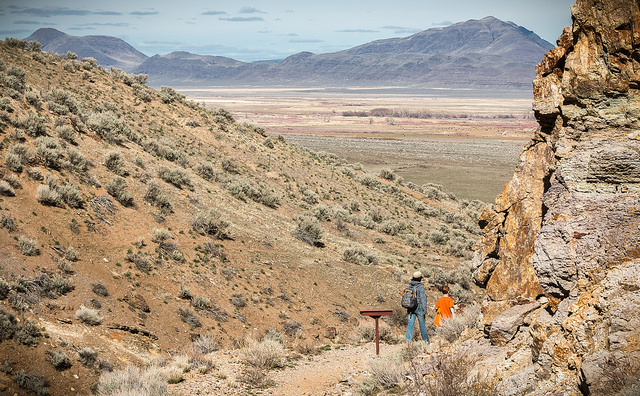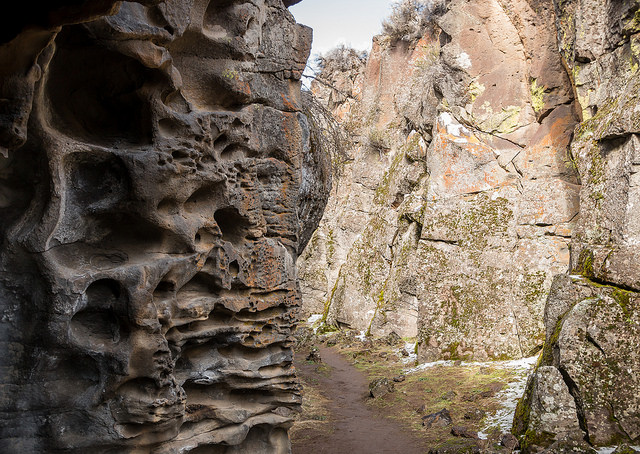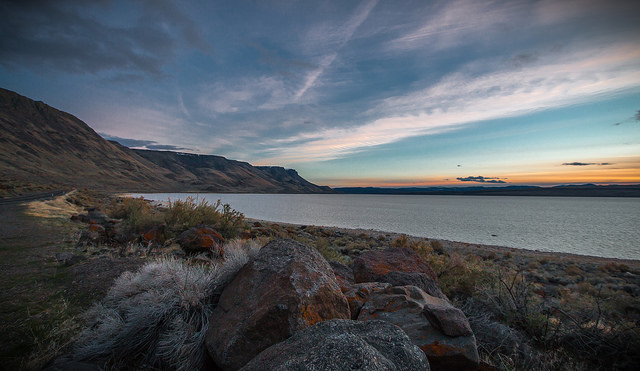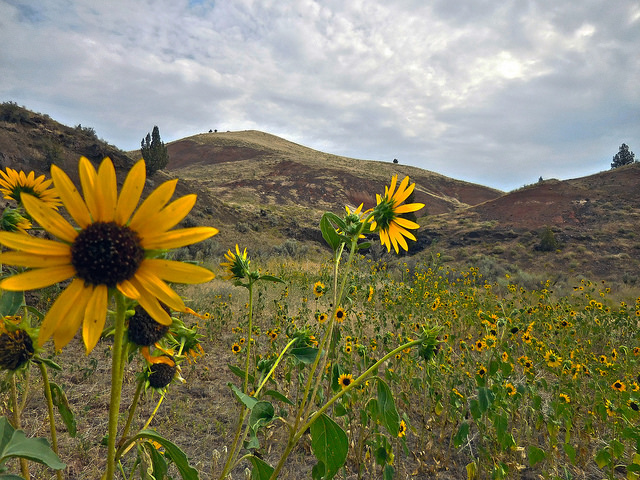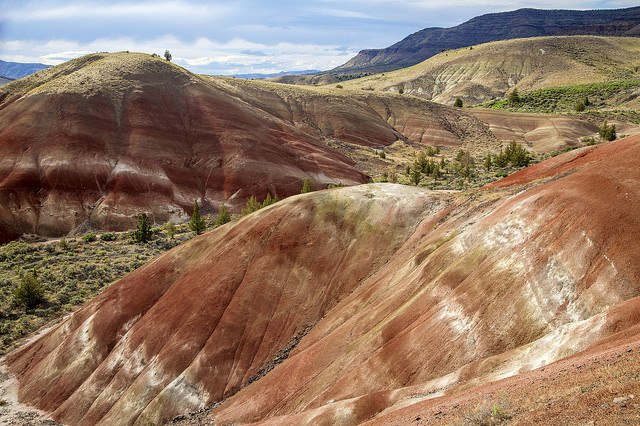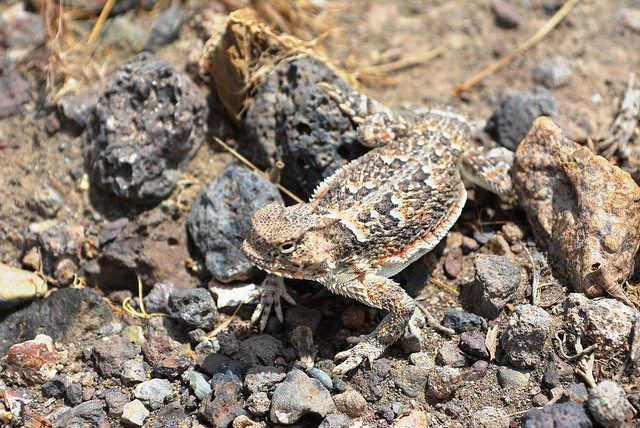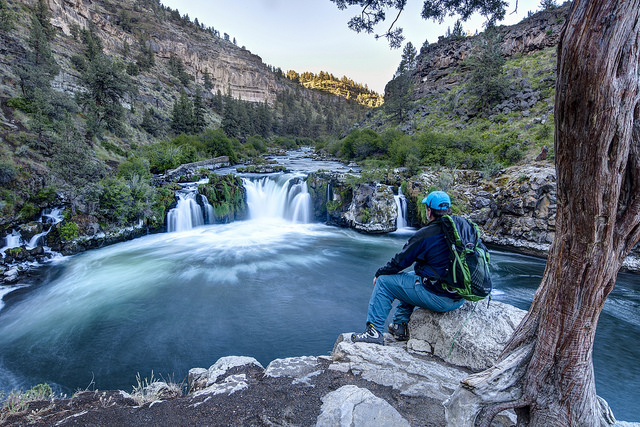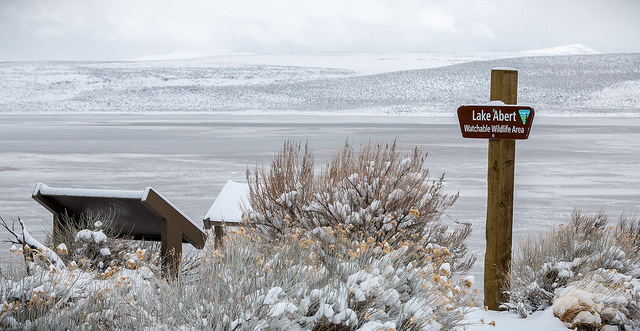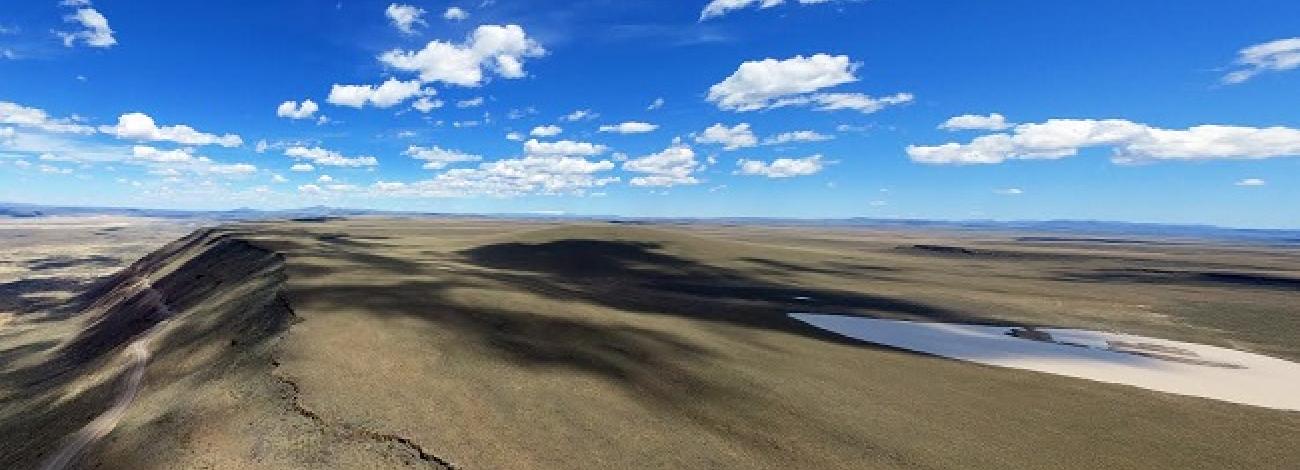
Gerry Mountain Wilderness Study Area
The Gerry Mountain Wilderness Study Area (WSA) (OR-5-35) is located in Crook County, approximately 70 miles southeast of Bend, Oregon, and 12 miles north of Hampton, Oregon and U.S. Highway 20. It is about 200 miles southeast of Portland, Oregon.
The Gerry Mountain WSA is somewhat square in shape, tapering to the east, and contains Gerry and Moon Mountains and Mule Point. The WSA is approximately seven miles square. The southern and eastern boundaries are a combination of private property and county-maintained high standard gravel road. The northern boundary is a combination of and private property. The western boundary is a combination of privately-maintained low standard dirt road and private property. There are 19,980 acres of BLM land and 720 acres of estate land within the WSA. Private and public lands surround the WSA.
Much of the WSA is covered by juniper with a big sagebrush, rabbitbrush and bunchgrass understory. There are no naturally occurring perennial water sources within the WSA, although there are 11 functional reservoirs. Gerry Mountain, the main feature of the WSA, rises 1,100 feet above the surrounding countryside. Low rolling hills and small, shallow basins surround Gerry Mountain, Moon Mountain and Mule Point.
The WSA was studied under Section 603 of the Federal Land Policy and Management Act and was included in the Final Oregon Wilderness Environmental Impact Statement (EIS) filed in February 1990.

